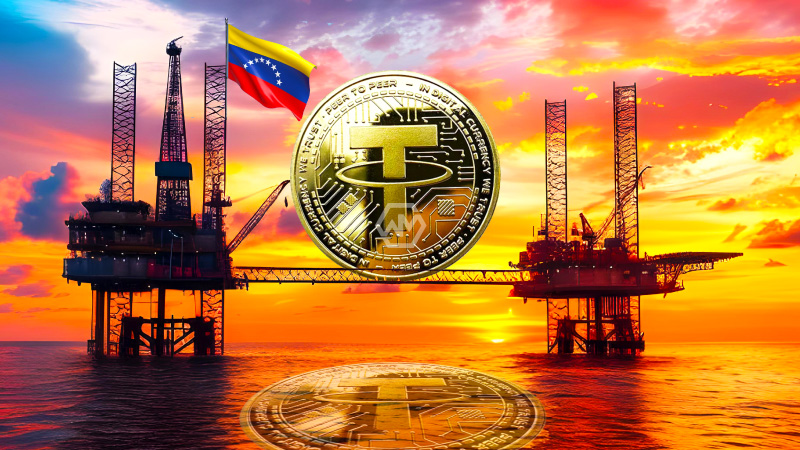- PDVSA intends to rely more on digital currencies for the export of fuel and petroleum.
- PDVSA’s suppliers and clients have until May 31 to complete all outstanding transactions.
- Pedro Tellechea acknowledged the use of several currencies in contracts and digital currencies might be the best option for payment.
As the US reimposes oil sanctions on Venezuela, the nation’s state-run oil corporation, PDVSA, intends to rely more on digital currencies for the export of fuel and petroleum.
Due to the US Treasury Department‘s decision not to renew a general license,PDVSA’s suppliers and clients have until May 31 to complete all outstanding transactions.
Oil Restrictions
Since businesses will now need to seek specific U.S. authorizations to conduct business with Venezuela, it is anticipated that this decision may impede efforts to expand oil output and exports from the country. PDVSA has been gradually switching its oil sales to USDT (Tether), a digital currency that is correlated with the US dollar, since last year.
This change is happening faster now that oil sanctions are back in place because PDVSA wants to lessen the chance that the measures would freeze sale revenues in international bank accounts.
Pedro Tellechea, the minister of oil for Venezuela, acknowledged the use of several currencies in contracts and mentioned that, in some circumstances, digital currencies might be the best option for payment.
With the latest U.S. license, trading houses and previous PDVSA clients can now do business with Venezuela again; but, to comply with the rules for digital transactions, the majority have turned to intermediaries. Even though PDVSA might be able to get around sanctions by depending more and more on middlemen for transactions, less oil revenue will probably end up in the company’s pockets.



